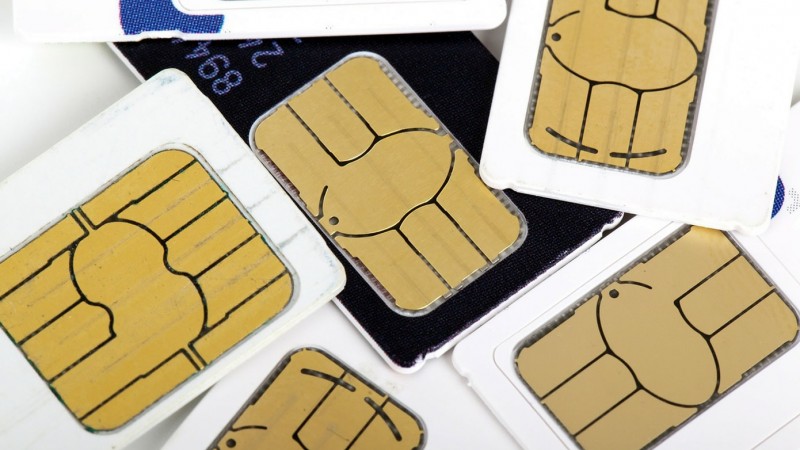New Cell Phone Scam: SIM Swapping, a.k.a. Porting!
- Details
- Written by Will from Holland
- Category: Articles

Scammers have found a new, sneaky way to use your personal details to steal your identity and your money. It’s called "SIM swapping", or perhaps better known as "porting."
Porting can ultimately cost you thousands of dollars, and you generally may not even know this scam has happened until it is too late!
What Is Porting?
Scammers obtain your personal information and provide it to your cell phone provider in order to add themselves to your account, or they might switch your cell phone number to a fake account. Doing this gives criminals access to your phone and any linked accounts. In doing this, they can then potentially access your bank or retirement accounts, use your wireless payment options, and even open different accounts in your name. Ouch!
To make it worse, after all of these series of events, you’re still stuck with the bill. Just think of all the expensive new cell phones, loans, and other products you’ll potentially be paying for (and that you’ll never get to enjoy). And if these added bills and purchases become a challenge to pay for, it may impact your credit. Finally, you will have to deal with the nuisance of clearing your name after the fraud takes place.
Porting can ultimately cost you thousands of dollars, and you generally may not even know this scam has happened until it is too late!
How Does This Scam Start?
Think about how much of your personal information is already available online. Major companies get hacked by the droves and information is then compromised. However, we may be to blame, too, since many of us voluntarily give away our information by putting it on the web.
Scammers are constantly looking for ways to collect personal information as they prepare for scams like porting. With all your information, they can get right through two-factor authentication (2FA) very easily and simply clone your accounts!
What Can You Do Against SIM Swapping?
Generally, people can only catch SIM swapping or porting scams after they’ve happened. If you are impacted by this type of scam, call your provider and make them aware of the fraudulent activity. They can help you block your account and direct you towards any next steps. Typically, financial institutions and credit card companies have fraud protection in place, but unfortunately this is not always the case for cell phone providers. Additional steps may need to be taken to properly resolve the fraud on your account.
If you haven’t been "ported" yet, you do have a few options to keep your accounts safe:
Set up a PIN with your cell phone provider. Having a PIN on your account gives you an extra layer of protection. If contacted by anyone, your provider will ask to verify the PIN (in addition to the info the scammer already have; like your social security number, DOB, and credit card details). If the PIN cannot be provided, the cell phone provider will not be able to make any changes.
On this note, if you store your PIN or any password information on a note or in your device, even this information is at risk for being compromised. Instead, memorize your PIN so it cannot be hacked.
Freeze your credit information. When you freeze your credit, the credit bureaus will issue you a PIN that (only) you will use to lift the freeze. This will prevent scammers from opening different bank or credit accounts in your name.
However, it may not stop them from opening up cell phone accounts in your name, as not every provider does a thorough background check.
Be extremely stingy with your personal and financial information. Take caution of what you post and publish on social media, opt out of sharing on websites, and change your passwords often. The less of your info scammers can get their hands on, the better.
Check your account activity every week (at minimum). Take a peek at your phone charges, your credit card charges, your online banking, etc. Many experts recommend checking it daily. With any type of scam, the sooner you know about it, the better, because you can be more efficiently responsive.
Remember, you can never be too careful, not just with SIM swapping or porting, but any type of scam. We recommend looking into trusted resources online to learn more about scams, or just simply check out our other articles about scams, fraud, and proactive actions to protect yourself.
Good luck out there!
Will














